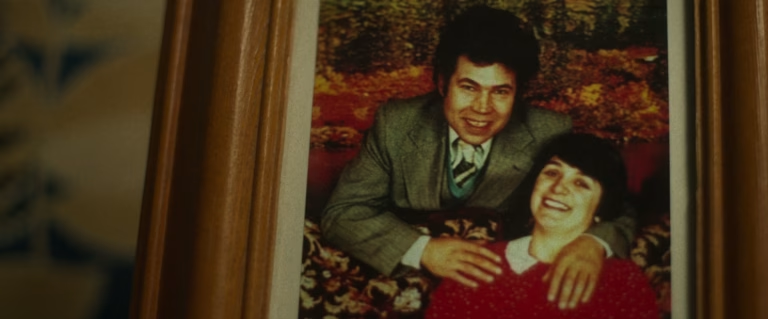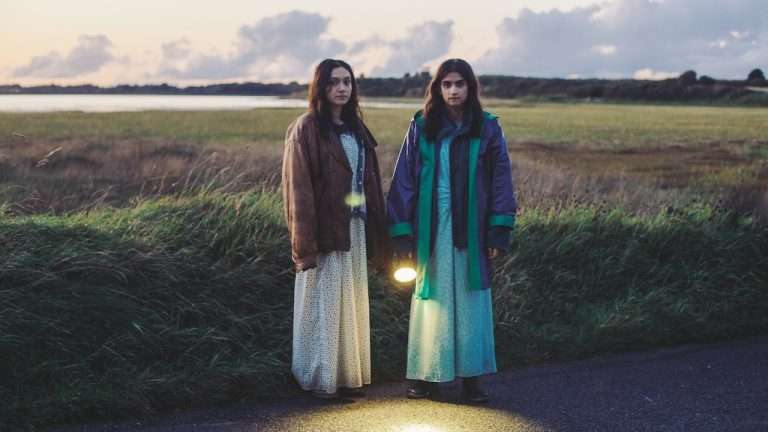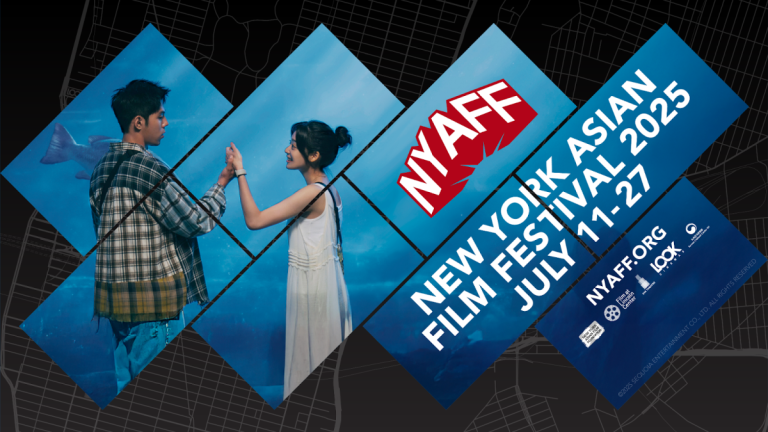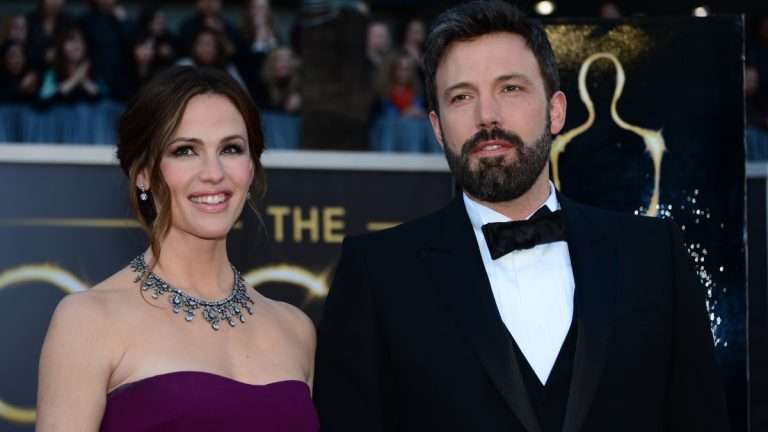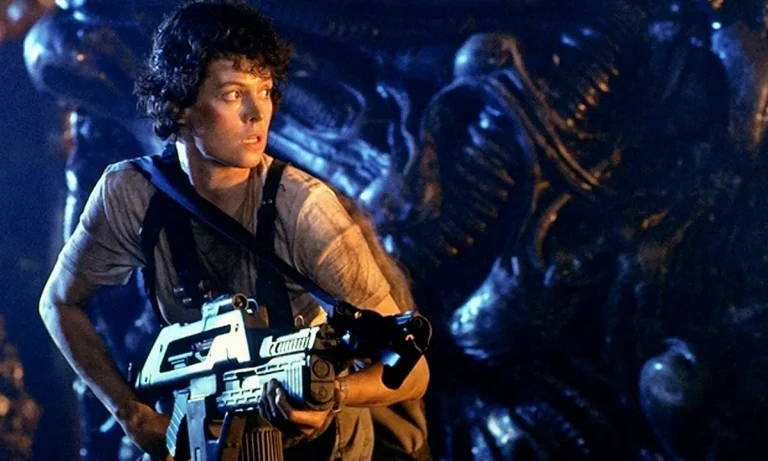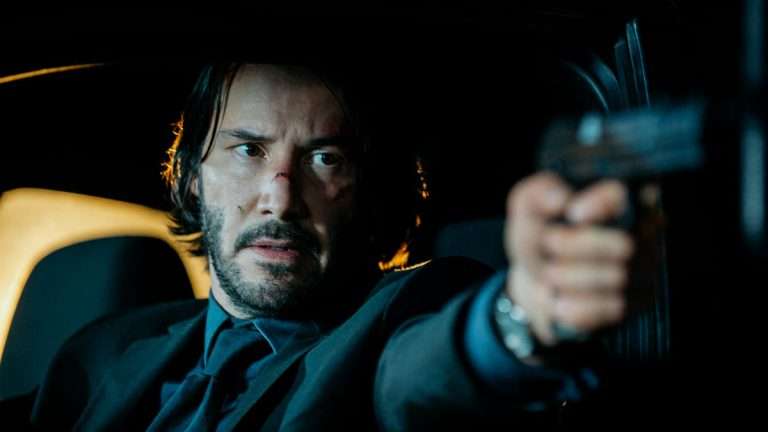The world just lost Robert Redford, the cinematic trailblazer who spent six decades redefining what it means to be cool, courageous, and creative on screen. Passing away at 89 at his beloved Utah home on September 16, 2025, Redford leaves behind a dazzling legacy of iconic roles, pioneering activism, and unforgettable charm that changed Hollywood forever.
Robert Redford: A Legend’s Last Scene
Redford’s story reads like the greatest script never filmed. Starting in the 1960s, he stole scenes in edgy dramas and romantic comedies, rising from New York’s Broadway stage (Barefoot in the Park, 1967) to become the golden boy in Westerns, political thrillers, and blockbuster romances. His chiseled looks and breezy charisma made him the face of the 1970s—a Hollywood heartthrob who backed up his image with genuine talent and depth.
His best actor Oscar nomination for The Sting (1973) marked a career-long run of critical acclaim, which hit new heights when he earned Oscar gold as Best Director for Ordinary People (1980). Redford famously founded the Sundance Film Festival, transforming American independent cinema and launching hundreds of careers behind and in front of the camera.
Robert Redford’s Greatest Hits
No tribute to Redford is complete without revisiting his legendary filmography. Here are his most iconic roles and why they mattered:
-
Paul Bratter in Barefoot in the Park (1967): A witty, romantic turn opposite Jane Fonda that set a new bar for screwball comedies.
-
Sundance Kid in Butch Cassidy and the Sundance Kid (1969): The ultimate Western anti-hero alongside Paul Newman, redefining cinematic bromance.
-
Johnny Hooker in The Sting (1973): His con man chic with Newman was so good, it nabbed him an Oscar nod and defined caper movies for a generation.
-
Bob Woodward in All the President’s Men (1976): As the intrepid Washington Post reporter, Redford helped turn investigative journalism into thrilling Hollywood drama.
-
Jeremiah Johnson (1972), Bill McKay in The Candidate (1972), Hubbell Gardiner in The Way We Were (1973), and Jay Gatsby in The Great Gatsby (1974): Each role showcased Redford’s range, flipping between rugged individualism, politics, classic romance, and literary legend.
-
Roy Hobbs in The Natural (1984), Denys Finch Hatton in Out of Africa (1985): He became the quintessential sports hero and love interest, infusing both genres with real soul.
-
Joseph Turner in Three Days of the Condor (1975) and Norman Steele in The Electric Horseman (1979): Redford’s thriller and rodeo turns gave him permanent leading-man cred.
-
Alexander Pierce in Captain America: The Winter Soldier (2014) and Avengers: Endgame (2019): Even in blockbuster franchises, Redford brought gravitas to modern audiences.
His 21st-century films—All Is Lost (2013), The Old Man & the Gun (2018), and an executive producer role on the acclaimed AMC series Dark Winds—proved his artistic fire never dimmed.
Beyond the Screen
Redford was more than just a dazzling actor. His directorial debut Ordinary People (1980) stunned critics, winning both Best Director and Best Picture at the Oscars. He continued to support bold, sometimes risky storytelling as a director with films like A River Runs Through It (1992), Quiz Show (1994), and Lions for Lambs (2007).
Forming The Redford Center with his son James, he poured his energy into environmental activism and created a nonprofit to support sustainable filmmaking. The annual Sundance Film Festival is a living tribute to his legacy, breaking new ground for independent voices everywhere.
Robert Redford’s sun has set, but the light he brought to movies, activism, and independent art will never fade. He made the masses feel, think, and dream—and even now, every hero on screen owes a debt to his timeless legacy.

